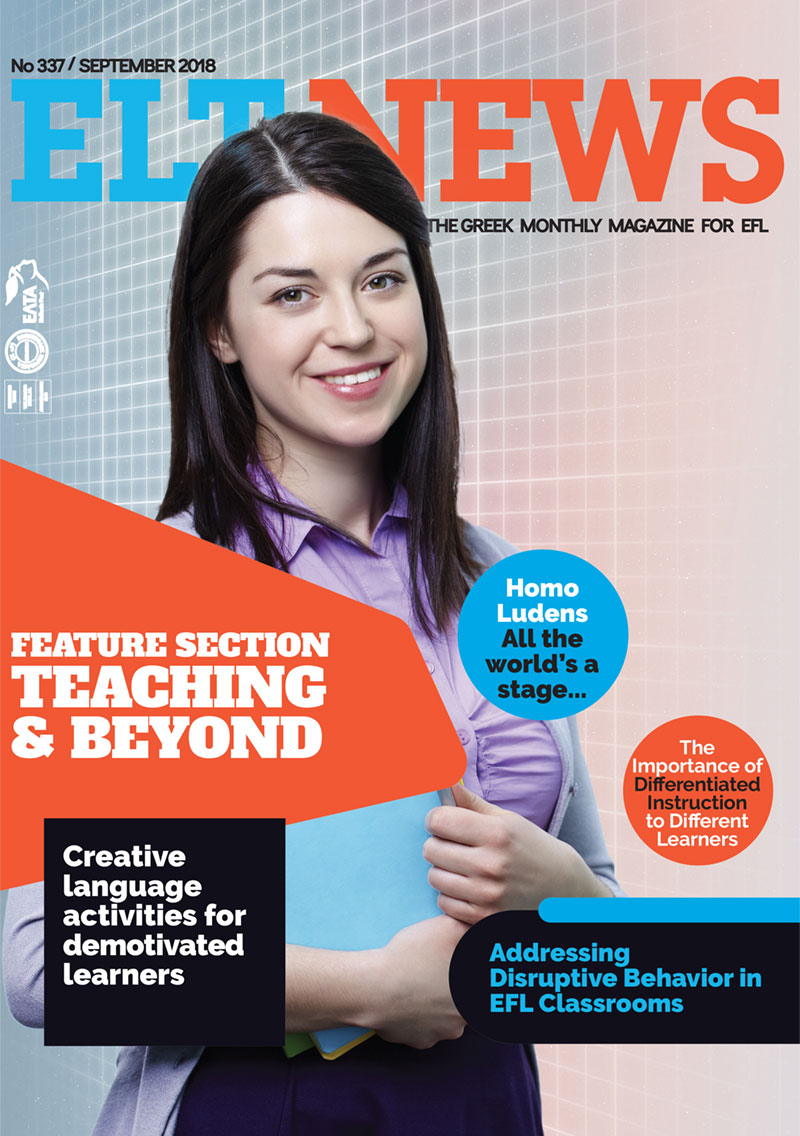SHOULD WE FOCUS ON TEACHING OR CONTENT?
We live in an era where everything (almost) is instant. Social media, the internet and technology in general has made us seek for instant approval, instant satisfaction and instant everything. If you want to buy something you go to Amazon or Skroutz and in a few clicks your order is processed. If you want instant approval you upload a photo on one of the many social media and you track how many likes and comments you get.
Do you want a language certificate? No problem, just pick one of the 24 that are on offer in Greece and you will get something. Does your child get low grades? A quick phone call to the school complaining or in some cases threatening that the school down the block guarantees 100% pass rate might do the trick.
One might argue that there is nothing wrong with that. Or is it? When even the weakest students pass a class or get a certificate do we boost their ego and self-esteem or do we raise a generation which will expect that everything in life will come with little to no effort? Do we nullify the importance of a praise, award or certificate by offering it to everyone? At the end of the day everybody will get something.
However the time will come when students become adults and have to face reality, work and relationships. Most of them fail miserably and realise that school has not given them the right skills to deal with life but the skillset to deal with an exam.
So a question arises, one that concerns teachers. Should we focus on content or process? Is it more important to teach how to solve a mathematical problem for example or is it better to teach students how to develop their problem solving skills that will help them later in life?
A proverb says “give a man a fish and you feed him for a day; teach a man to fish and you feed him for a lifetime”
Focusing on teaching students rather than covering content is hard because students learn at such different rates. Verbally practicing their reasoning and then translating that into written explanations help all students show what they know.
Studies suggest that when teachers come face to face with failure in the classroom, they revert to teaching to their comfortable level (which may not be working) or teaching the way they were taught way back when they themselves were at school.
Teachers of the future are today’s multifaceted teachers educating and preparing students to meet the demands of the post-secondary arena and job market. These teachers will focus less on testing and more on the teaching skills that place students on a trajectory to meet testing demands and beyond.
Paper/pencil tests have their place in assessing a student’s level of understanding of concepts. Life is filled with tests, many of which will not be on paper but on one’s ability to apply various skills. Teamwork and communication skills come to mind. These are skills under assault by technology that encourages solitary activity (texting); hence, it is important to incorporate skills that provide equilibrium and reach all learners.
Language learners need opportunities to work together, find meaning, and engage in conversations in order to produce language that represents their thinking. This helps them interpret the new language and is more likely to bring about the production of content that the native students produce.
Giving more processing time after shorter input of new material is critical. This means that teachers might cover less content, but spend more time having students process it. Slowing the pace is hard for teachers who are passionate about their content.
Teachers need to not only get students’ attention, but also keep it and motivate the kind of perseverance that results in more complex problem solving and reasoning which is no small task.
Instead of solving multiple exercices as a warm up, students may now be asked to determine what the question is asking and the steps necessary to solve it.
Explaining their thinking on these steps means preparations now require many more opportunities to practice writing and speaking about their reasoning regularly in the classroom.
Teachers know what explanatory paragraphs should look and sound like. Teachers direct students to turn to their text to read a difficult paragraph and pick out the key vocabulary. Once defined, students are reminded to use those words to create their explanations. The problem is that many students resist writing.
Oral rehearsal is one key that helps to spark their written explanations and giving them a sentence starter seems to prime the pump. Opportunities to socialize with peers are something most students crave. Channeling those interactions into “on topic” conversations that can then be recorded as evidence of their thinking requires some strategic teacher interventions.
It’s not just the assessments that drive instruction, but also the idea that teachers are preparing students for life and a job market where verbal and written communication skills are paramount to their success.
In order to get students to that level of proficiency, teachers should focus on teaching not content; content delivery changes all the time depending on the make-up of the class e.g. In mixed ability classes, the pacing and delivery of the content is affected.
